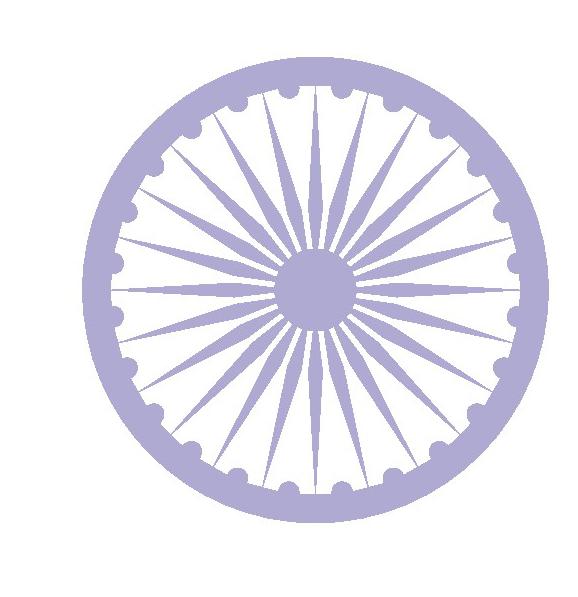
Psychologists are interested in the processes that lead to social change — that is, when a whole society adopts a new belief or way of behaving. Some of you may feel that such changes are only found in psychology textbooks, but when I visited India I had the opportunity to observe, first-hand, how India’s deep-rooted patriarchal society is beginning to yield to minority-group pressures and show signs of change.
In India girls are traditionally seen as a costly burden and, from birth, have fewer opportunities than boys, often growing up unaware of their potential. Their freedom is restricted and many are forbidden from leaving their home without a male chaperone. Some are forced to leave education to get married, at which point they are required to become homemakers. For widows and divorcees, life is even more difficult. Traditionally they are not entitled to their own land, find it difficult to gain employment and are often forced to remarry. So for women in India, life can be tough.
Your organisation does not have access to this article.
Sign up today to give your students the edge they need to achieve their best grades with subject expertise
Subscribe




